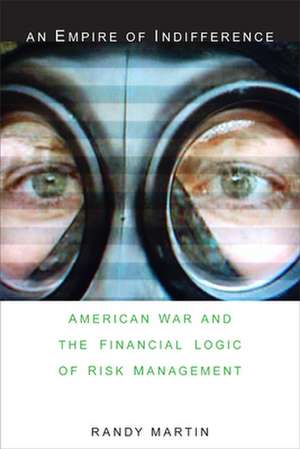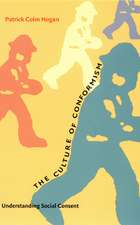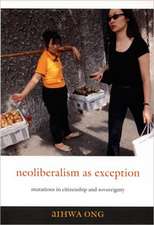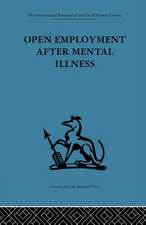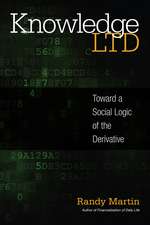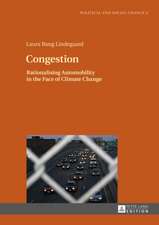An Empire of Indifference – American War and the Financial Logic of Risk Management: A Social Text book
Autor Randy Martinen Limba Engleză Paperback – 13 mar 2007
Preț: 238.23 lei
Nou
Puncte Express: 357
Preț estimativ în valută:
45.59€ • 49.50$ • 38.30£
45.59€ • 49.50$ • 38.30£
Carte tipărită la comandă
Livrare economică 22 aprilie-06 mai
Preluare comenzi: 021 569.72.76
Specificații
ISBN-13: 9780822339960
ISBN-10: 082233996X
Pagini: 232
Dimensiuni: 152 x 229 x 15 mm
Greutate: 0.34 kg
Ediția:annotated ed.
Editura: MD – Duke University Press
Seria A Social Text book
ISBN-10: 082233996X
Pagini: 232
Dimensiuni: 152 x 229 x 15 mm
Greutate: 0.34 kg
Ediția:annotated ed.
Editura: MD – Duke University Press
Seria A Social Text book
Recenzii
Randy Martin well understands that finance capital flattens and gouges at the same time. This book is the anti-Thomas Friedman. Neil Smith, author of The Endgame of GlobalizationWhile a great deal has been written about globalization, empire and international finance, I know of no other work that looks at their intersection through the rhetorical and conceptual lens of finance. An Empire of Indifference is a strong piece of original scholarship ona a very important topic. Chris Hables Gray, author of Peace, War and ComputersAn Empire of Indifference is a brilliant study, both theoretically profound and politically compelling. Michael J. Shapiro, author of Methods and Nations: Cultural Governance and the Indigenous SubjectAn Empire of Indifference is the perfect answer to Thomas Friedmans The World Is Flat. Randy Martin well understands that finance capital flattens and gouges at the same time. This book is the anti-Friedman.Neil Smith, author of The Endgame of Globalization"We feel this is a book that will appeal to academic specialists...as well as radicals with a deep seated knowledge of social antagonism wishing to enhance their take on financialisation and securitisation". Mute Magazine, 21ST October 2008
Notă biografică
Textul de pe ultima copertă
"While a great deal has been written about globalization, empire, and international finance, I know of no other work besides this one that looks at their intersection through the rhetorical and conceptual lens of finance. "An Empire of Indifference" is a strong piece of original scholarship on a very important topic."--Chris Hables Gray, author of "Peace, War, and Computers"
Cuprins
Descriere
Analyzes imperial ambitions in the context of the dominance of finance, not simply as a form of capital, but also as a set of protocols for organizing daily life
